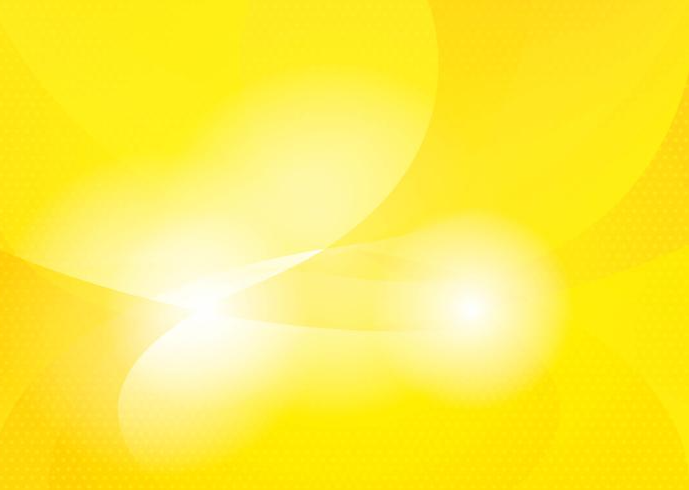Afrikan Economy and Money
- By kwende ukaidi
- •
- 07 Jun, 2022
- •
Divinity in the Contemporary World

Throughout the ages
economic functioning has been essential to Afrikan life’s fullest flourishing. In
the natural norm of self-governing nationhood Afrikan souls have rightful custodianship
of their own lands, the resources it provides (above and below the soil) and
are able to determine how the self operates as a part of their economy’s natural
resource. In this, the land and the self are at the fundamental core of and
economy. As an expression of this foundational core Afrikan souls defined and
developed for themselves a means of exchange. Over time and from nation to
nation the means of exchange would vary such items as gold, iron ingots and
cowry shells have been utilised. Though
the means of exchange is not the economy itself, it is an important expression
of a flourishing economy.
With the interruptions and disruptions of the Maafa of recent centuries, others that mean the Afrikan ill have sought to sever Afrikan souls from their land and derail the natural norm of self-determined flourishing of the Afrikan self. At the same time, invading alien forces have imposed themselves as the ‘owners’ of both Afrikan people and Afrikan land with the intent to do with expropriated resources as they please. Throughout this disrupted state pieces of printed paper became popularised as the means of exchange. Identified as money, Money is defined by a popular mainstream source as:
“a current medium of exchange in the form of coins and banknotes; coins and banknotes collectively”.
Thus, money (even in the more recent wave of digital representation) remains a means of exchange as an expression of core economy. It is those who govern the economy that define and deploy its means of exchange. Therefore, it is possible to hold moderate amounts of money or even be a holder of lots of money and remain at a dire deficit void of any self-determined economy. The means of exchange represents service to the economy from which it is expressed.
This is in no way discouragement for Afrikan souls to acquire money. Even subject to a foreign economy, Afrikan souls must surely seek to acquire as much money as it is best possible to do in rightful order. At the same time, reality ought not be abandoned. Where Afrikan souls are faced with the disorder and dire abnormality of being void of their own core economy, restoration is key. Restoration of self-knowingness, of cultured building and growth and development towards the attainment, maintenance and security of self-determined economy surely ought to be a feature of life for Afrikan souls throughout the world.
Throughout the
various levels of the self Afrikan souls can empower themselves not only monetarily
but also empower themselves with economic activity for the norm of
self-determined Afrikan economy to be realised. In this: the person self is key
to Afrikan economy; the harmonious and complementary Afrikan male-female union
is key to Afrikan economy; the Afrikan family is key to Afrikan economy; the
Afrikan community is key to Afrikan economy; the Afrikan nation is key to Afrikan
economy; and the Afrikan world community is key to Afrikan economy.
With this in mind,
the establishment of relations between Afrikan souls is of enormous value. For
example, the level of harmonious and complementary male-female union that consists
of the upright Afrikan masculine man and the rightful Afrikan feminine woman is
necessarily established in furtherance of self-determined economic ascension
(amongst much else).
Afrikan souls must surely work towards self-governance of themselves and their natural resources and as such be able to operate in the norm of defining and deploying their own means of exchange. Afrikan grand civilisation must be realised.
With ASBWOK (Afrikan Spirituality By Way Of Kwanzaa), living
self-knowingness throughout the various levels of the self is empowered. Here,
the thrust for Afrikan economy is inherently energised as each level of the
self holds wider functional responsibility to the other levels of the self. In
this, the levels of the self are not mutually exclusive but rather share
oneness of substance for the imperative thrust of Afrikan ascension. With
ASBWOK the levels of the self can be highlighted as:
The person self (for Afrikan masculine manhood) or (for Afrikan feminine womanhood)
The harmonious and complementary Afrikan male-female union
The Afrikan family
The Afrikan community
The Afrikan nation
The Afrikan world community
Ujamaa Kiburi Siku is a wonderful part of the spiritual-cultural observance calendar of the Universal Royal Afrikan Nation. It takes place in the first week of June marking the time of significant occurrence both on the continent of Afrika and in the diaspora concerning Afrikan economy. Ujamaa Kiburi Siku as with the other observances on the Afrikan cultural calendar is just that – an observance. Therefore, wherever the Afrikan is whether at home, at a community gathering or elsewhere it can be observed.
The Universal Royal Afrikan Nation (URAN) is an Afrikan-centred spiritual and cultural mission for ascendancy that embodies living spiritually and culturally rooted life. To find out more about URAN and its spiritual-cultural mission for liberty and nationhood click here. The exquisite URAN pendant can be obtained online by clicking here.
In his capacity as an Afrikan-centred spiritual cultural practitioner this author is available for further learning in this regard and also for the carrying out of ceremonies such as naming and name reclamation. For details please click here.
Afrikan World Studies programmes are an important forms of study in understanding the Afrikan experience. There are a range of subjects covered on these programmes including History, Creative Production, Psychology and Religion. To find out more about these learning programmes please click here. For the video promo for these learning programmes click here.
Select resources are available online via the website of Yemanja.
At nominal cost, also consider acquisition of an a4 laminate poster of articulations by this author when visiting the Yemanja institution to enrol, consult, learn, gather or otherwise.
